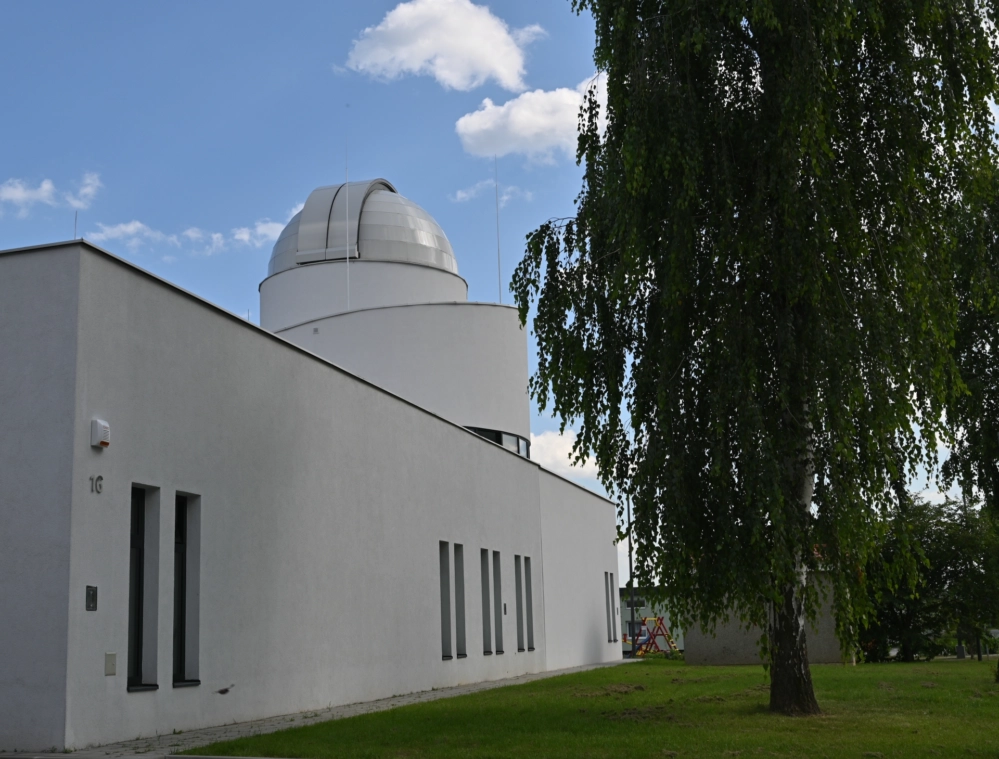Učitavanje...
O Institutu

Institut za kozmologiju i filozofiju prirode stručna je zajednica znanstvenika i istraživača, usmjerena prema fundamentalnim pitanjima materijalne stvarnosti i Svemira kao cjeline. Temeljni je cilj Instituta raditi na ostvarivanju uvjeta za slobodno, kritičko i misaono - prirodoslovno kao i filozofsko - ispitivanje Prirode koje bi bilo oslobođeno svakog oblika dogmatizma i mehaničkog slijeđenja dominantnih trendova kao i tržišnih pritisaka iskazanih bilo kroz nametanje tema istraživanja po utilitarnoj osnovi, bilo zamjenom sustavnog i kvalitetnog znanstvenog rada niskokvalitetnom hiperprodukcijom vođenom pukim bibliometrijskim kriterijima. Institut je posvećen promoviranju fundamentalnih istraživanja u teorijskoj fizici te ostvarivanju sinteze između teorijske fizike i filozofije, kao i povezivanju ostalih disciplina vezanih uz razumijevanje Prirode i čovjekovog odnosa prema njoj.
Djelatnosti Instituta iz područja teorijske fizike trenutno uključuju istraživanja iz fizikalne kozmologije, fizike gravitacije te visokoenergijske astrofizike. Filozofski interest Instituta leži prvenstveno u promišljanju izgradnje filozofije prirode putem kritičkog ispitivanja dosega, ograničenja te temeljnih pretpostavki prirodnih znanosti i njihovog odnosa prema filozofskim idejama, a u kontekstu šire misaone baštine prvenstveno Europe i Azije.
Osnovni oblici djelatnosti za ostvarivanje gore postavljenih ciljeva Instituta su – paralelno sa znanstvenim radom i objavljivanjem rezultata istraživanja u stručnim međunarodnim časopisima – izdavanje vlastitih publikacija te organiziranje konferencija, tribina, radionica i škola – uključujući i posebne skupove namijenjene diskusiji i međusobnoj edukaciji istraživača iz područja fizike i filozofije.
Institut kao zadaću od posebnog značaja vidi rad sa studentima i doktorandima fizike u cilju njihovog uvođenja u znanstvena istraživanja i stjecanja iskustva u pripremanju i objavljivanju znanstvenih radova, kao i rad sa studentima filozofije u cilju stvaranja otvorenog prostora filozofske diskusije, kao i njihovog upoznavanja s tehnikama i rezultatima suvremene fizike Svemira i teorijske fizike općenito.
Konačno, Institut se želi ostvariti kao aktivni dio društva i zajednice te promicatelj progresivnih tendencija, a ne kao izolirana akademska organizacija zatvorena u odnosu na javnost. Zbog toga, ne samo povremeno i simplificirano predstavljanje pojedinih znanstvenih zanimljivosti javnosti – na što se danas uglavnom svodi popularizacija znanosti, već i niz kontinuiranih programa s ciljem približavanja znanstvenih rezultata i kritičkog mišljenja najširoj zajednici - posebno mladima - predstavljaju posebno važan oblik djelatnosti Instituta.